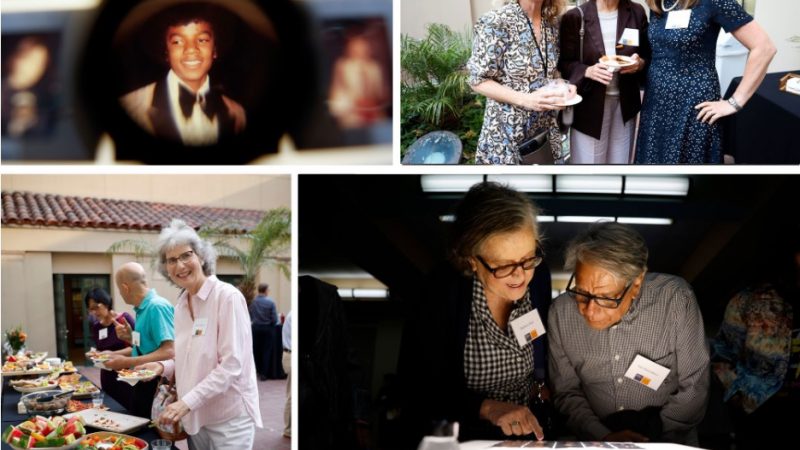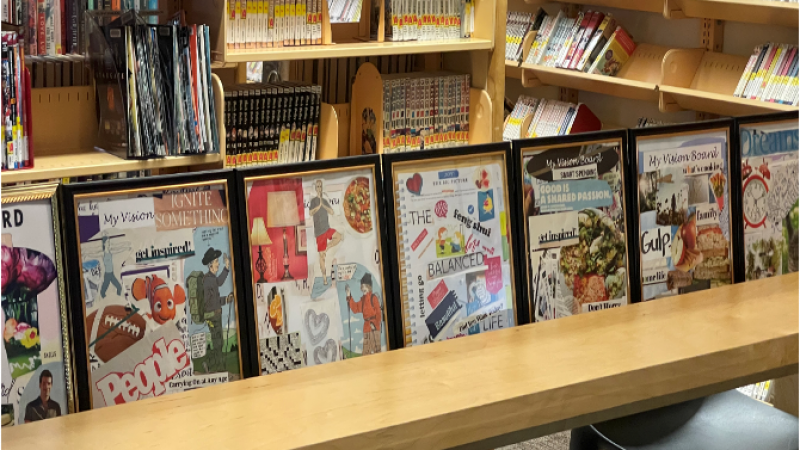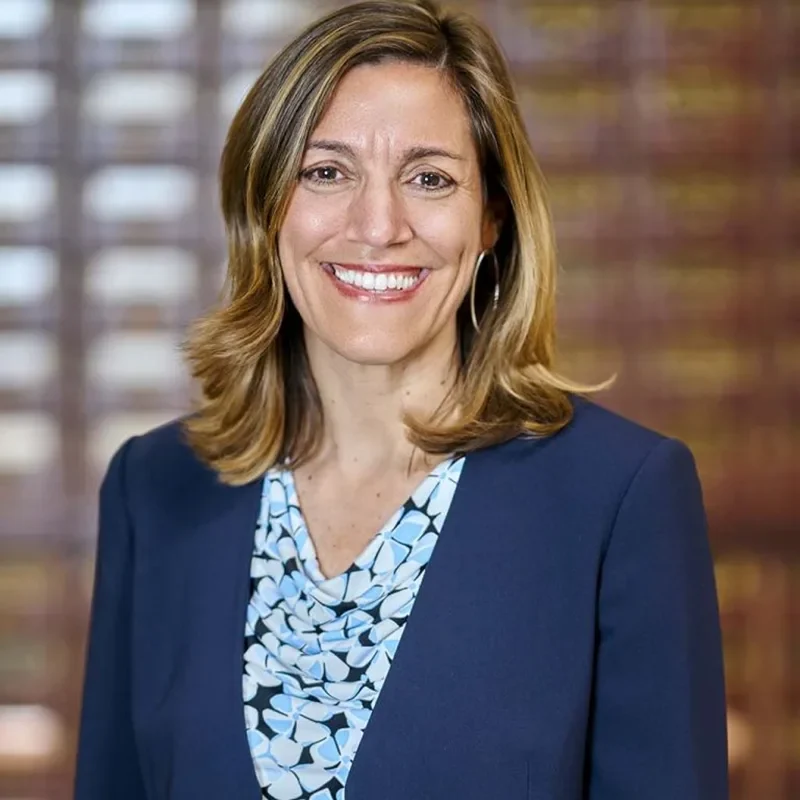The upcoming film screening of G-DOG: The Movie will be a homecoming of sorts for the film’s director, Freida Lee Mock. The film follows Father Gregory Boyle, a.k.a. G-Dog, the visionary who founded Homeboy Industries, the most successful gang intervention and rehab program in the country. Mock first heard of Boyle’s inspirational work through [ALOUD], and on June 12 she reunites with Boyle to share the film with local audiences. A co-founder of the nonprofit American Film Foundation, Mock won an Oscar for Maya Lin: A Strong Vision about the designer of the Vietnam Veterans Memorial in Washington, D.C. Her other films include Rose Kennedy, a Life to Remember; Wrestling With Angels: Playwright Tony Kushner; and ANITA – Speaking Truth to Power, about the life and times of Anita Hill. We spoke with Mock about her character-driven filmmaking and how she went behind-the-scenes of G-Dog’s powerful transformation process at work.
What is it about the remarkable cast of individuals you have portrayed that compels you to tell their stories?
Mock: The individuals who have been major characters in my films, such as the playwright Tony Kushner, Maya Lin, Anita Hill and G-Dog have done extraordinary work that is characterized by strong social, political or historical ideas. It’s the combination of the ideas and themes of their work, their impact and their character—whether charismatic, funny, or indelible—that intrigue and inspire me to want to create a film that tells a story filled with rich ideas about a unique protagonist. As a filmmaker, I know the challenge in storytelling—whether it’s a fiction or nonfiction story—is to find strong characters that can drive a narrative. G-DOG about Father Greg and the world of Homeboy Industries has the intense drama of life and survival that I thought could rivet and captivate an audience.
How did you first become interested in the story of G-Dog?
Mock: I first became interested in the G-Dog story when I read a brief synopsis in the [ALOUD] quarterly about a new book, Tattoos on the Heart, that would be featured with its author in an evening in May 2010. I knew nothing about Greg Boyle and his work, but I recall vividly the combination of ideas in the synopsis that intrigued me: Jesuit priest, gangs and unconditional love. This led me ultimately to the world of Homeboy Industries, its founder Father Greg and the movie G-DOG.

How did you approach telling his story?
Mock: I approached the story pretty much as if I were a movie audience member—who knows nothing about gangs, post-gang life, Father Greg, and who is swept away on a journey, and discovers in the film this character G-Dog, who the homies called the priest, and the world of Homeboy Industries that he has created—a place where young men and women who are on their own journey, working to re-direct their lives from a once violent and hopeless one, to a life of possibilities and hope. There’s inherent drama as we see lives teetering on the edge and then making breakthroughs that mirror the drama of the organization’s own financial meltdown in mid-2010. For the audience who has invested themselves in the lives of the homies, the story of the survival of place and people is meant to be a turning point.
The film is about swapping violence for community and building toward a future of hope. What did you learn about this community of compassion?
Mock: What I learned is to understand why and how Homeboy Industries is considered the largest, most successful gang intervention and rehab program in the U.S., if not the world, with a 70% success rate (versus 30% in similar gang intervention programs)—and it is because of that “community of kinship, of compassion” of unconditional love, qualities that kids were often seeking when they joined gangs and that were lacking in their dysfunctional, often violent homes. At Homeboy, the homegirls and homeboys find those emotional bonds and sense of dignity and hope. This success explains why youth experts come to Homeboy from all over the world and the country, looking for ways they find solutions to their own at-risk and gang involved youth. I feel that Father Greg has put a human face on a complex social and community problem that requires the understanding, help, and compassion of all of us to give these young people a second chance in life. They and we—the community—all benefit.
You made two other films that feature recent [ALOUD] participants—Anita Hill and Anne Lamott—who, like Boyle, have written books about their experiences. How do you see the medium of film as a tool to tell a story differently than a book?
Mock: Film is a dynamic way to bring people into a world and can be an immersive experience —through sound, music, color, text. A book can be very powerful, but film potentially offers a different layered experience for the audience.
Learn more about the upcoming [ALOUD] program here.









